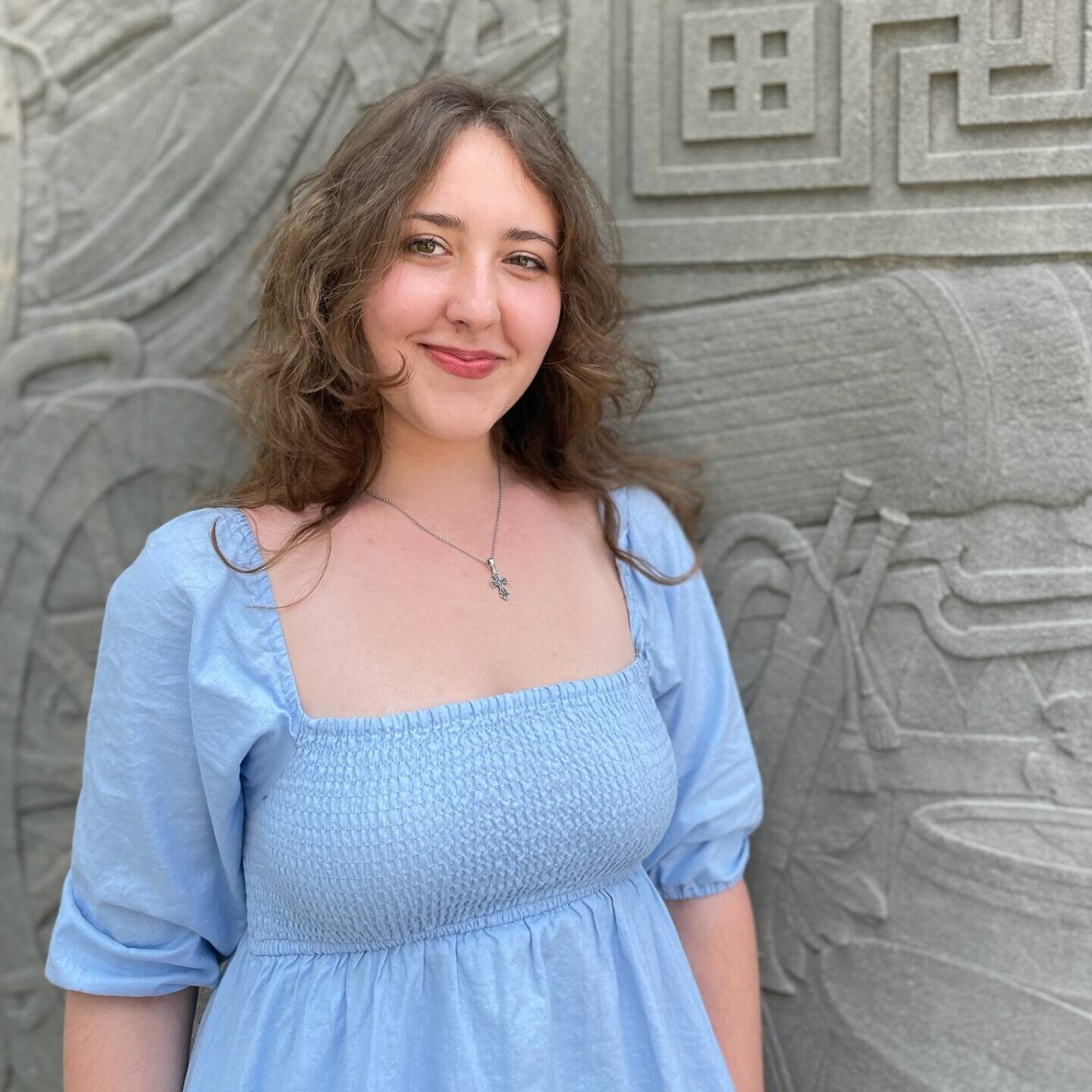There’s no doubt that the summer is one of the most promising times to experiment with your research interests, and the International Internship Program (IIP) can provide awesome opportunities for Princeton students to explore those curiosities. From creating theoretical frameworks to engaging with lab-based experimentation, there’s a wide range of ways to explore research through the summer program.
I had the pleasure of sitting down with Katya Grygorenko (‘27), who spent her summer doing research on artificial intelligence (AI) for the Center for the Study of Democracy (CSD), a public policy institute based in Sofia, Bulgaria. The rise of Large Language Learning Models (LLMs) like OpenAI’s ChatGPT and other AI systems has inspired uncertainty, and even fear. The idea of a “black box where people don’t really know what’s going on”, as Grygorenko put it, can feel daunting to think about. But the idea of tackling the ethical challenges of implementing these complex digital systems didn’t scare Grygorenko at all— it excited her.
When Grygorenko first arrived at the CSD, she was initially assigned to geoeconomics, an area that closely aligned with some of her previous work as an Operations Research and Financial Engineering (ORFE) major. Although the subject was familiar, the work wasn’t especially compelling in comparison to Grygorenko’s interest in AI. As a result, she reached out to the CSD team and in less than an hour, a new supervisor appeared at her desk.
The pivot to AI implementation meant shifting from geoeconomics to law and the majority of Grygorenko’s work became descriptive and synthetic, involving a series of literature sweeps in order to scout the academic landscape on AI implementation. It also involved pulling together disparate narratives and case studies into a cohesive story by grounding them in the context of existing frameworks. One of these frameworks was Princeton’s own guidelines for utilizing generative AI. Still, as Grygorenko noted, “I don’t think we have any standardized guidelines for how to use it”.
Grygorenko’s research at the CSD focused on the ethical implementation of AI in two domains: internal workflows of organizations and law enforcement. Even with the existence of population-focused frameworks like Princeton’s, there are few international frameworks with legal weight behind them. One exception is the European Union’s AI Act, which Grygorenko spent time researching and used as a key resource for her work in synthesizing potential ways of establishing ethical norms. Although her work was largely independent, Grygorenko was part of a larger team of summer interns at CSD, who were all working on a broad range of topics.
While the CSD provided a comfortable working environment and times where the interns and younger workers were able to mingle, Grygorenko spoke about how they were able to build community throughout the program outside of the office. This didn’t mean just grabbing lunch, but really exploring Sofia’s ancient architecture and rich culture. Thinking back to her time in the city, Grygorenko recalled, “You’re walking across the metro and there are some Roman ruins right next to you, and you’re like, cool, like, why isn’t this in a museum? But it’s just because there’s so many ruins! You could always jump into a building and spend some time there.” Over the course of the summer, Grygorenko leveraged her fluency of both English and Russian to navigate the city independently and confidently.
Back on campus, Grygorenko’s coursework looks somewhat different from the material she worked on in the summer, but she says the experience still served her well. As an ORFE major, she’s no stranger to computer science, but what made this experience so interesting was the opportunity to explore the policy aspect of that ever-growing field. This might even serve as the seed for her future senior thesis. When she reflected on the widespread fear surrounding AI and the growing fear of establishing guardrails, she said, “We are in a new age, with all these capabilities, and we should figure out ways to legalize them, limit them, and control it.”
— Stanley Stoutamire Jr., Social Sciences Correspondent


